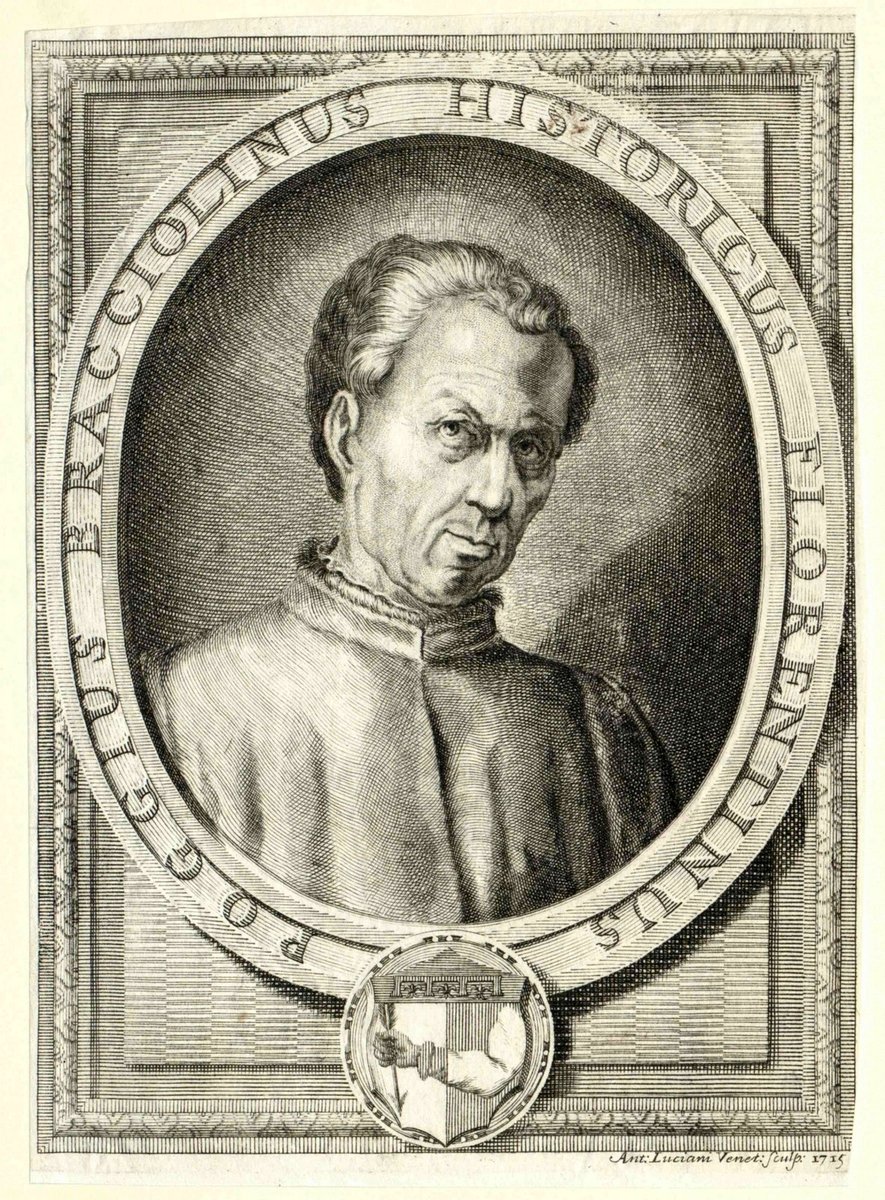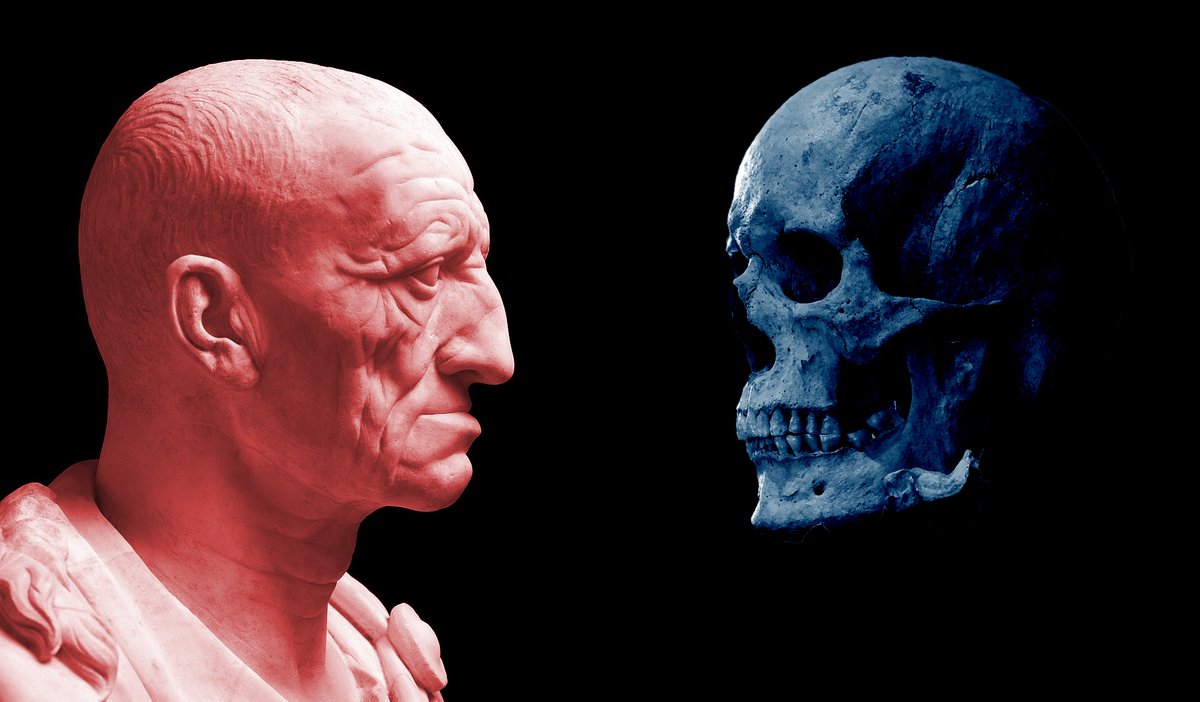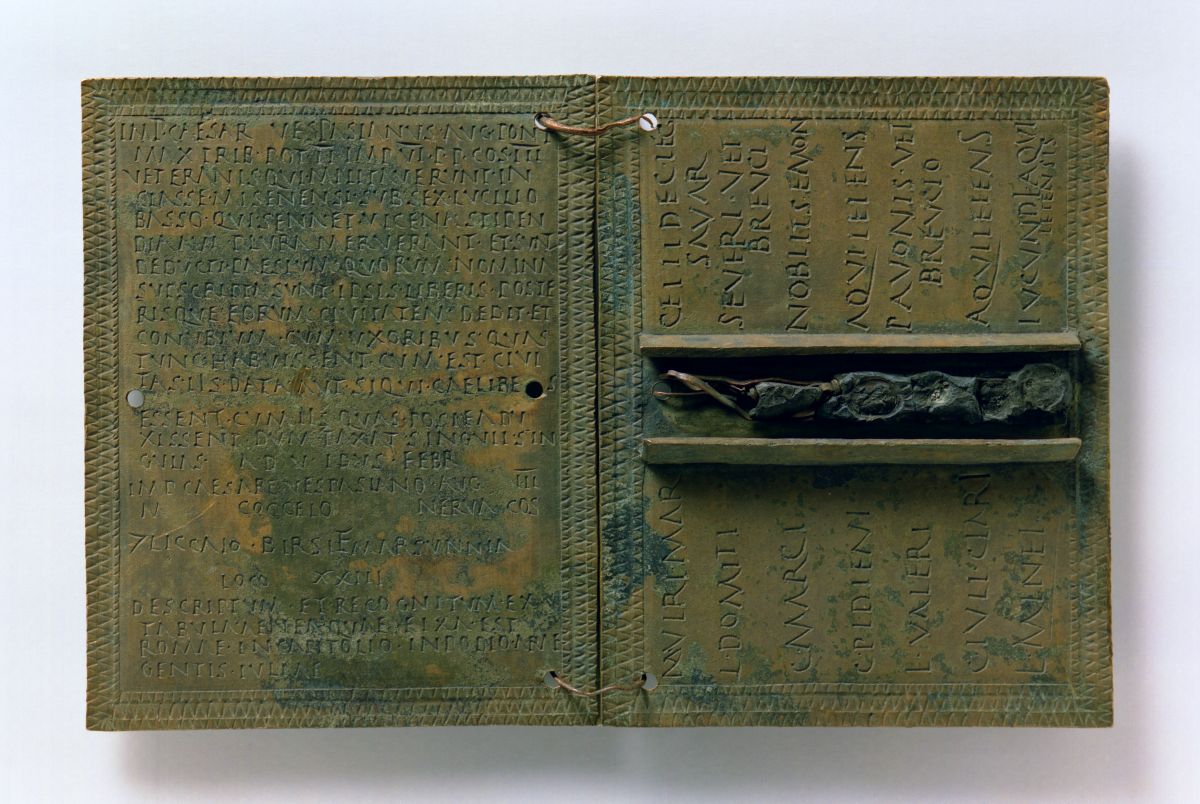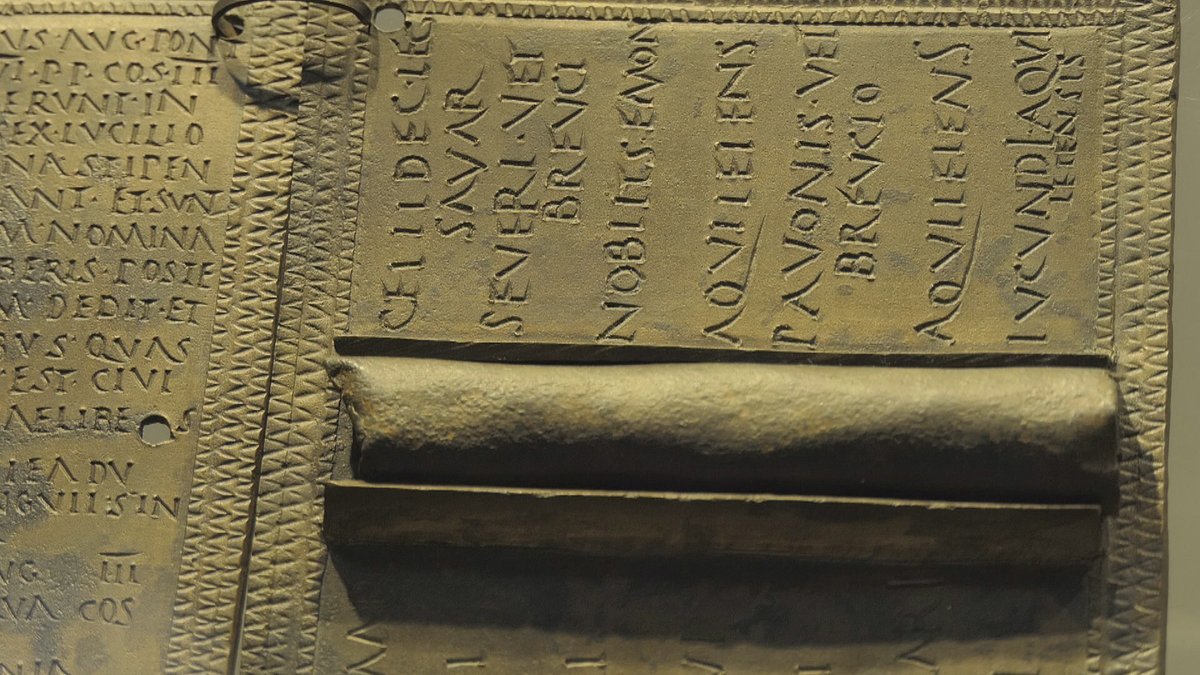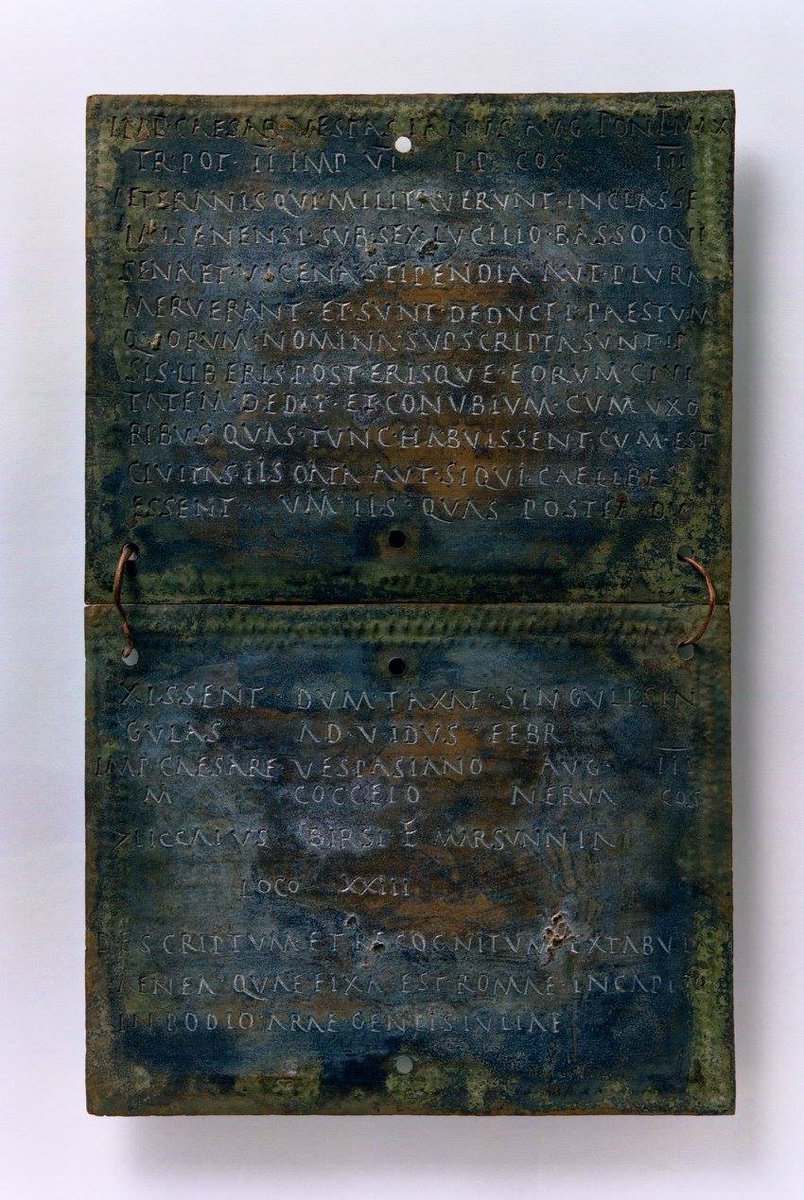
1) Cassius Dio on the rise of disinformation, alternative facts and conspiracy theory in imperial Rome:
"Before the empire, all matters were brought before the senate and the people. Even when events happened far away, everyone knew of them, learned from them, wrote about them..
"Before the empire, all matters were brought before the senate and the people. Even when events happened far away, everyone knew of them, learned from them, wrote about them..

2) "The truth of events, though possibly coloured by fear, favour, friendship and emnity, was always there to see in books and public records. But after this time, most events that happened began to be kept secret and concealed from the people... 

3) "Now even the little information that is by chance made public is not trusted because it cannot be verified. Things that never occurred are talked about constantly while at the same time events beyond any doubt remain unknown to the people... 
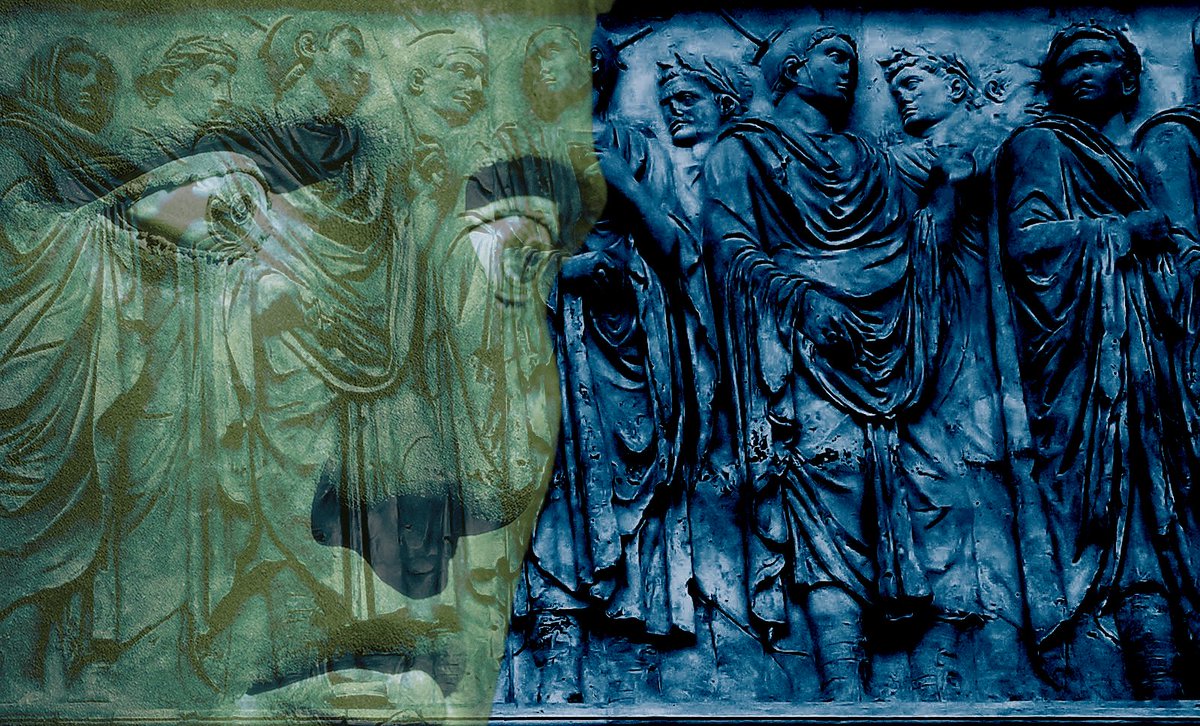
4) "In the case of nearly every story, a version gains traction that is different from the way it really happened. The suspicion is always that what is said and done is controlled by the most powerful and their associates."
- Dio, 'Roman History' (53.19) - 3rd century AD
- Dio, 'Roman History' (53.19) - 3rd century AD

• • •
Missing some Tweet in this thread? You can try to
force a refresh

